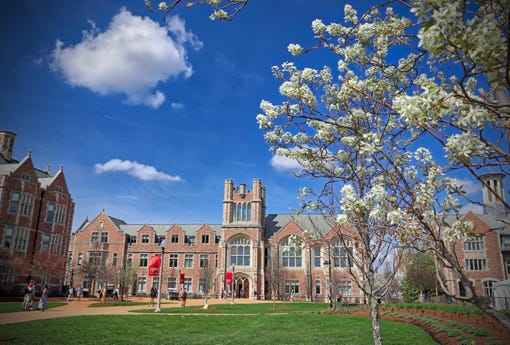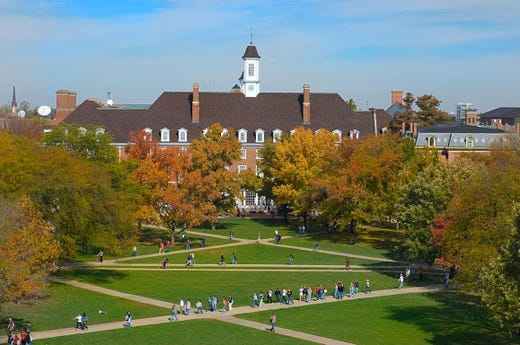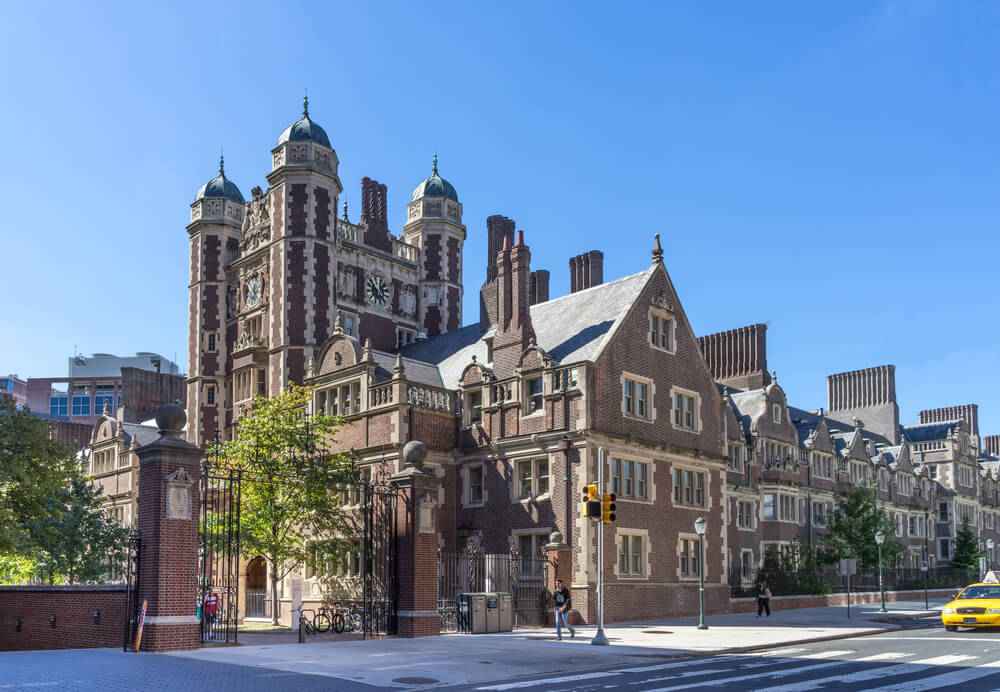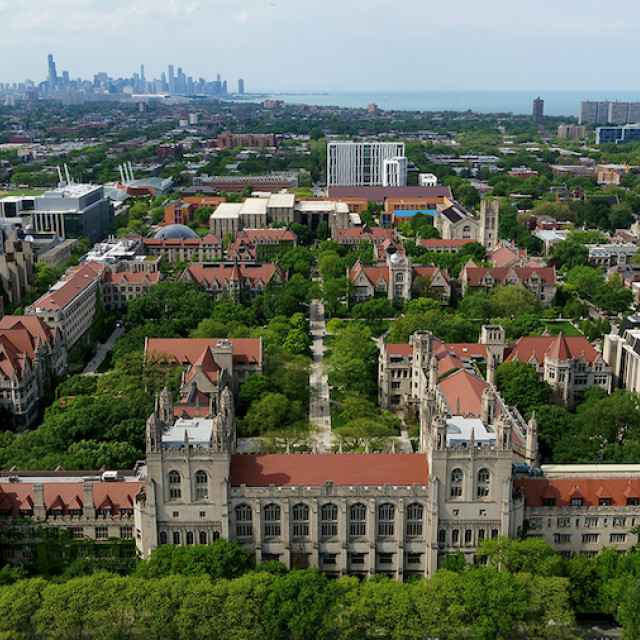Get Admission in Top UK Universities
There are numerous benefits to studying in the United Kingdom, ranging from world-class colleges to a vibrant multicultural community.
In the United Kingdom, the average student retention rate is 82%.
Because of the numerous support networks for international students, studying in the UK is certainly a life-changing experience.
Learn about the UK's education system, top universities, courses, fees, visa, and much more.


Why Study in the UK?
Education System in the UK
Students aged 5 to 16 are separated into 'Key Stages,' which are further divided into Primary Education and Secondary Education in the United Kingdom. Key Stages 1 and 2 are covered in primary education, while Key Stages 3 and 4 are covered in secondary school.
Elementary and Secondary Education
Key Stage 1 Students aged 5 to 7 are classed as Key Stage 1 students in Primary Education. This is a foundational stage for students in which the most fundamental information is imprinted on their minds.
Key Stage 2 This stage's students range in age from 7 to 11. This stage introduces intermediate levels of the preceding step's primary subjects.
Secondary Education
Key Stage 3 This level is occupied by students aged 11 to 14. Since the following step needs pupils to appear for GCSE (General Certificate of Secondary Education).
Key Stage 4 This is a vital time for students between the ages of 14 and 16. It is the most common time for students to take GCSEs or other national-level qualifying exams.
Higher Education
The UK's higher education system comprises Undergraduate and Postgraduate degrees in a variety of topics. This stage in the UK is quite appealing to international students, notably Indian students.You can enrol in either a short-term or long-term course. Many students, on the other hand, opt for a four-year programme in which the third year is typically spent working, apprenticed, or interning.
Degrees Offered in the UK
The United Kingdom offers a variety of qualifications to its pupils. They are classified into four groups:
Foundation Degrees
One-year Pre-Degree Foundation Courses can assist you in becoming effortlessly prepared to begin your university education. Enrol in a foundation course to improve your English language skills or to learn the principles of technical subjects such as engineering.
Master's Degree
A master's degree takes 1-2 years to complete with students focused on one topic of study. Master's degrees might be thesis or research-based, depending on the student's skill.
Bachelor's Degree
In these three-year programmes, students obtain education and training for the majority of job opportunities. Many students, however, choose for a four-year degree, with the third year being spent working, acting as an apprentice, or engaging in an internship.
Doctorate Or PhD
In the United States, PhD studies are divided into three stages. The first is a 1-3 year course of study, followed by preliminary, comprehensive, or cumulative examinations. A PhD takes 5 to 8 years to complete.
Top Universities to Study in the UK
The UK's highly rated universities and history are the primary reasons why international students pick it as their destination. Many of the UK's top colleges succeed academically and help students design their futures.
Book a Free Counselling Session
Register Now to connect with our US Expert Counsellors
Top Courses to Study in the UK
Students looking for a suitable course to study in the UK have a variety of possibilities. Here is a handpicked list of the greatest courses in the UK -
Business Analytics
Business Analytics is a popular course in the United Kingdom. The degree will help you evaluate companies and calculate their growth tangents. Business analysts investigate the inner workings of an organisation in order to help it grow and perform better. There has been a huge growth in demand for this profession in recent years.
Computer Science
A Computer Science degree from the United Kingdom will give you the skills you need to shift businesses. New tools, programmes, and development kits will expand your knowledge and skills in areas such as information technology, game development, software engineering, design, and security. Many UK institutions perform research for the world's largest corporations, propelling the country to the forefront of computer science.
MBBS
Studying MBBS in the UK is an outstanding choice because it is ranked second in the world in medical research and has garnered the second most Nobel Prizes for medicine. The United Kingdom has superb medical institutions as well as access to world-class technology and facilities.
MBA And Business Studies
Business programmes at UK universities cater to students of varying academic levels, financial needs, and professional aspirations, with an international mix of students, faculty, and career opportunities that is unparalleled in many parts of the world. Furthermore, the UK is home to some of the world's best business schools.
Finance
An accounting and finance degree in the United Kingdom will help you gain unique insights and knowledge in economics, mathematics, political science, psychology, and sociology.
Architecture
You will greatly benefit from a degree in architecture from the United Kingdom. Employers all across the world hold them in the highest regard and admiration.
Engineering
The United Kingdom is a popular destination for engineering students due to its high-quality curriculum and opportunities. Engineers are in high demand in the country, and a degree in engineering from a UK institution can prepare you for a variety of jobs in an ever-expanding area.
Law
When studying law in the UK, you must have a deep understanding of core legal theories and concepts in order to become a well-respected lawyer. Law graduates can work in a range of fields, from practising law to hosting television shows.
Cost of Living and Studyingin the UK
Admission Process/How to Study in The UK
STEP 1 - Find Study Program
Choose a course of study and then look for the best university for you.n.
STEP 2 -Requirements
Meet all of the university's standards and eligibility requirements.
STEP 3 - Applications
Apply to your chosen university through Azent's counsellors or directly through the university's website, and pay the application cost.
STEP 4 - -Financing
Make financial arrangements for your education in the UK. This is also a good time to start applying for scholarships or loans.
STEP 5 Visa
You'll need to apply for your student visa. TIER 4 is the designation for a student visa in the UK (General).
Step 6 - Travel
Look for accommodation in the UK and make travel arrangements, such as purchasing tickets.














.jpg)




.jpg)
